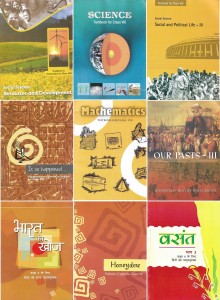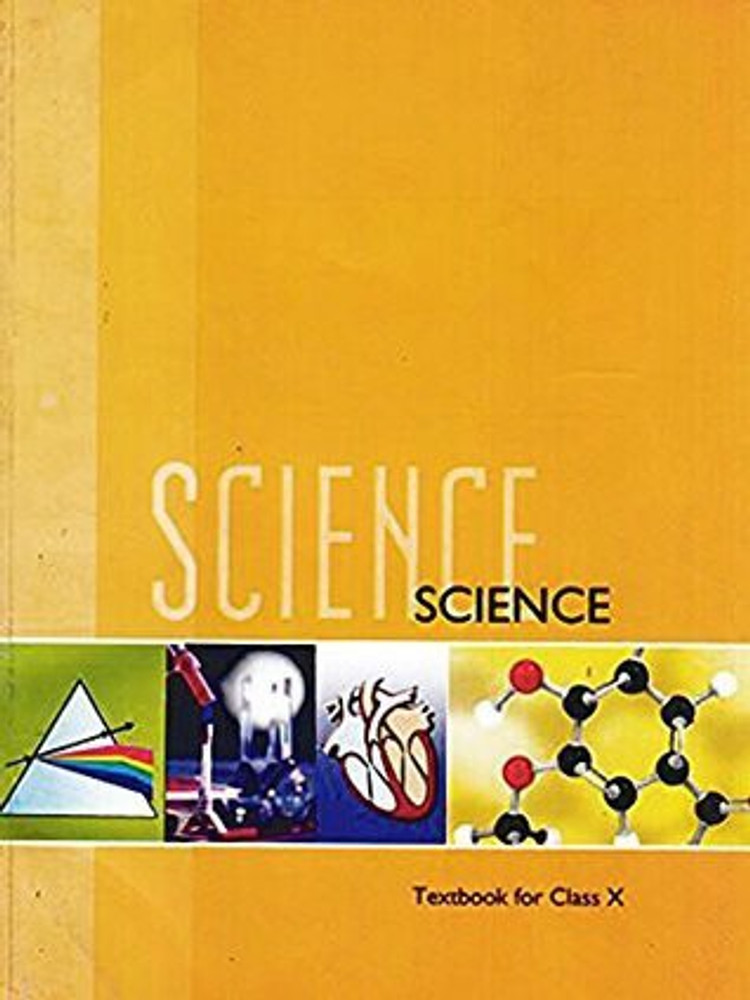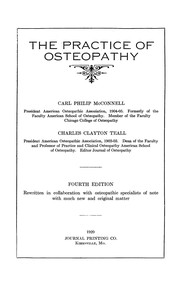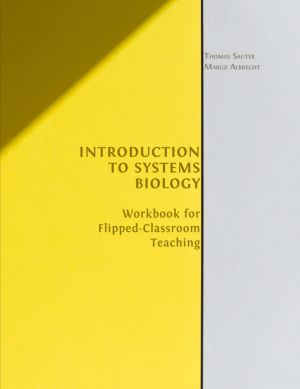New Meta-Antenna Design Promises to Transform 6G Wireless Communication
Researchers at City University of Hong Kong have developed an innovative metasurface antenna designed to significantly enhance wireless communication for 6G networks. This new antenna technology enables simultaneous generation and control of multiple frequency components through software manipulation, offering unprecedented flexibility compared to traditional antennas. The breakthrough could improve wireless capacity by allowing simultaneous signal transmission across different directions, thus boosting overall channel efficiency. It also offers advanced spectral control, a simplified coding system, and the potential for on-chip integration. This development is expected to have far-reaching applications in secure communication systems, real-time imaging, wireless power transfer, and more, setting the stage for the future of high-capacity, high-security 6G networks.

A significant advancement in antenna design, with implications for 6th generation (6G) networks, has been reported by researchers from the City University of Hong Kong (CityUHK). A study, published in Nature Communications, describes a new metasurface antenna capable of generating and controlling multiple frequency components simultaneously through software, potentially revolutionising wireless communication systems.
Led by Professor Chan Chi-hou, Chair Professor in the Department of Electrical Engineering at CityUHK, the research introduces a concept referred to as a “synthetic moving-envelope” metasurface. The design enables antennas to independently manage arbitrary harmonic frequencies and wave properties, an achievement not previously demonstrated. Reports suggest this innovation may enhance data transmission capacity and provide advanced functionality for real-time imaging, wireless power transfer, and secure communication systems essential for future networks.
Key Features and Applications
According to the study, the technology allows for the simultaneous transmission of multiple signals in different directions, increasing channel efficiency. As per the research team, this capability holds particular importance for 6G networks, where integration of communication and sensing technologies is crucial.
The antenna's ability to achieve spectral control via a simple coding strategy was highlighted by Professor Chan, who also serves as Director of the State Key Laboratory of Terahertz and Millimetre Waves. Professor Wu Gengbo, another researcher involved in the project, indicated that the system's 1-bit coding approach and sideband-proof design offer compatibility with on-chip integration. Potential uses could extend beyond communications to include cognitive radar, integrated photonics, and even quantum science.
A Step Towards 6G Networks
As detailed in the report, this development represents a departure from conventional fixed-parameter antennas, opening possibilities for more dynamic and efficient systems. While practical applications remain under exploration, the metasurface antenna's innovative approach is seen as a critical step towards enabling the advanced communication demands of 6G.












)



























































